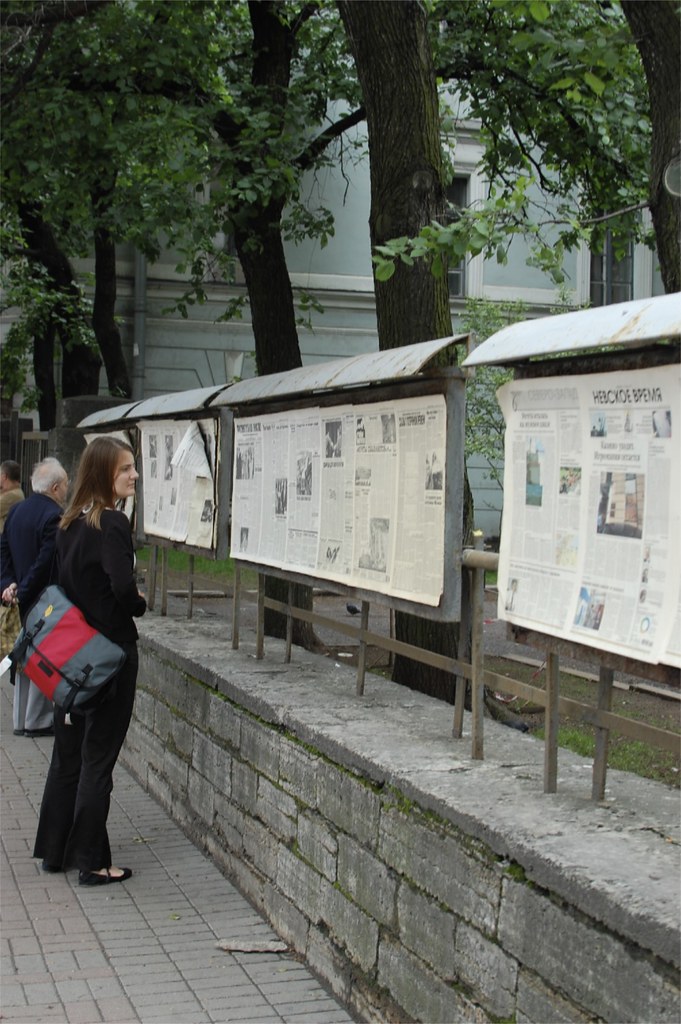History and culture are integral parts of any nation’s identity. Understanding the past gives us insight into how societies have evolved and the forces that have shaped them. In the case of India, a country rich in history and culture, delving into its past becomes even more fascinating and essential. The Tamil Nadu Public Service Commission (TNPSC) recognizes the significance of history and culture, offering study material that unveils India’s glorious past.
The TNPSC is responsible for conducting various recruitment exams in the state of Tamil Nadu, including the Group 1, Group 2, and Group 4 examinations. These exams assess candidates’ knowledge of history, culture, and other subjects, ensuring that public servants have a comprehensive understanding of the state’s heritage and help preserve and promote it.
The study material provided by the TNPSC for history and culture is a treasure trove for aspirants preparing for these exams. It covers various periods and aspects of Indian history, from ancient civilizations to medieval kingdoms and from the freedom struggle to post-independence India. The material is designed not just to help candidates memorize facts but also to provide a deep understanding of the socio-political and cultural context in which these events occurred.
One of the key strengths of the TNPSC study material is its comprehensive coverage of the diverse regional histories and cultures within India. India is a land of immense diversity, with each region having its own unique history and cultural traditions. The study material ensures that candidates are well-versed in the history and culture of Tamil Nadu, as well as other important regions like Kerala, Karnataka, Andhra Pradesh, and Maharashtra. This ensures that public servants can serve the diverse needs of the population and foster unity in diversity.
Another noteworthy aspect of the TNPSC study material is its focus on cultural heritage. India has a rich cultural heritage, encompassing art, music, dance, literature, architecture, and more. The study material sheds light on various art forms, classical dances like Bharatanatyam, historical and mythological literature, and architectural wonders like temples and monuments. This helps in fostering a sense of pride and appreciation for India’s cultural legacy among candidates and future public servants.
To make the study material more engaging and interactive, the TNPSC often incorporates visuals like maps, photographs, and diagrams. This visual representation aids in better understanding and retention of the information. Additionally, the study material includes practice questions and model papers that allow candidates to assess their knowledge and acclimatize themselves to the exam pattern.
The TNPSC study material for history and culture is curated by experts in the field, ensuring its accuracy and relevance. It is regularly updated to include the latest research and developments in the field of history and archaeology. This guarantees that candidates receive the most up-to-date knowledge and insights, enhancing their overall understanding and performance in the exams.
Cracking the Tamil Nadu Public Service Commission (TNPSC) exam can be a daunting task, especially when it comes to the section on history and culture of India. This section requires a comprehensive understanding of India’s rich cultural heritage, as well as the historical events that have shaped the nation. In this article, we will provide you with a guide to help you master this section and achieve success in the TNPSC exam.
1. Start with the basics:
To begin with, it is important to have a strong foundation in the basics of Indian history and culture. Start by understanding the chronology of major historical events, from ancient to modern times. Familiarize yourself with the different periods of Indian history, such as the Indus Valley civilization, Vedic period, Mauryan empire, Gupta empire, Mughal empire, and British colonization. This will provide you with a roadmap to follow while studying the subject.
2. Read standard textbooks:
Refer to standard textbooks on Indian history and culture to gain a comprehensive understanding. NCERT books for history and culture, Indian art and culture by Nitin Singhania, and Indian Polity by M. Laxmikanth are highly recommended resources. These books are well-structured, cover all the essential topics, and provide reliable information.
3. Understand the cultural significance:
Indian culture is diverse and deeply rooted in tradition. Familiarize yourself with the different art forms, literature, music, dance, and festivals that reflect the rich cultural heritage of India. Understand the significance of major cultural landmarks like temples, monuments, and historical sites. This will help you appreciate the depth and diversity of Indian culture, while also aiding your preparations.
4. Study regional histories:
India is a country with diverse regional histories. While it is important to focus on the overarching national history, don’t neglect the regional aspects. Understand the history and culture of major regions like Tamil Nadu, Kerala, Karnataka, Andhra Pradesh, and other states. This will not only help you in the TNPSC exam but also provide you with a broader perspective on the nation’s historical and cultural tapestry.
5. Make use of online resources:
In addition to textbooks, there are several online resources available that can aid your preparations. Websites like the National Portal of India, Archaeological Survey of India, and various educational portals provide valuable information and resources. Make use of online forums and discussion platforms to interact with fellow aspirants and gain insights.
6. Practice with previous year question papers:
To excel in the TNPSC exam, it is essential to practice with previous year question papers. This will help you understand the exam pattern, the type of questions asked, and the weightage given to different topics. Regularly solve mock tests and evaluate your performance to identify your strengths and weaknesses.
7. Stay updated with current affairs:
The history and culture of India are not confined to the past; they are ever-evolving. Stay updated with current affairs related to historical discoveries, archaeological findings, folk traditions, and cultural events. This will not only add depth to your preparation but also help you tackle contemporary questions in the exam.




